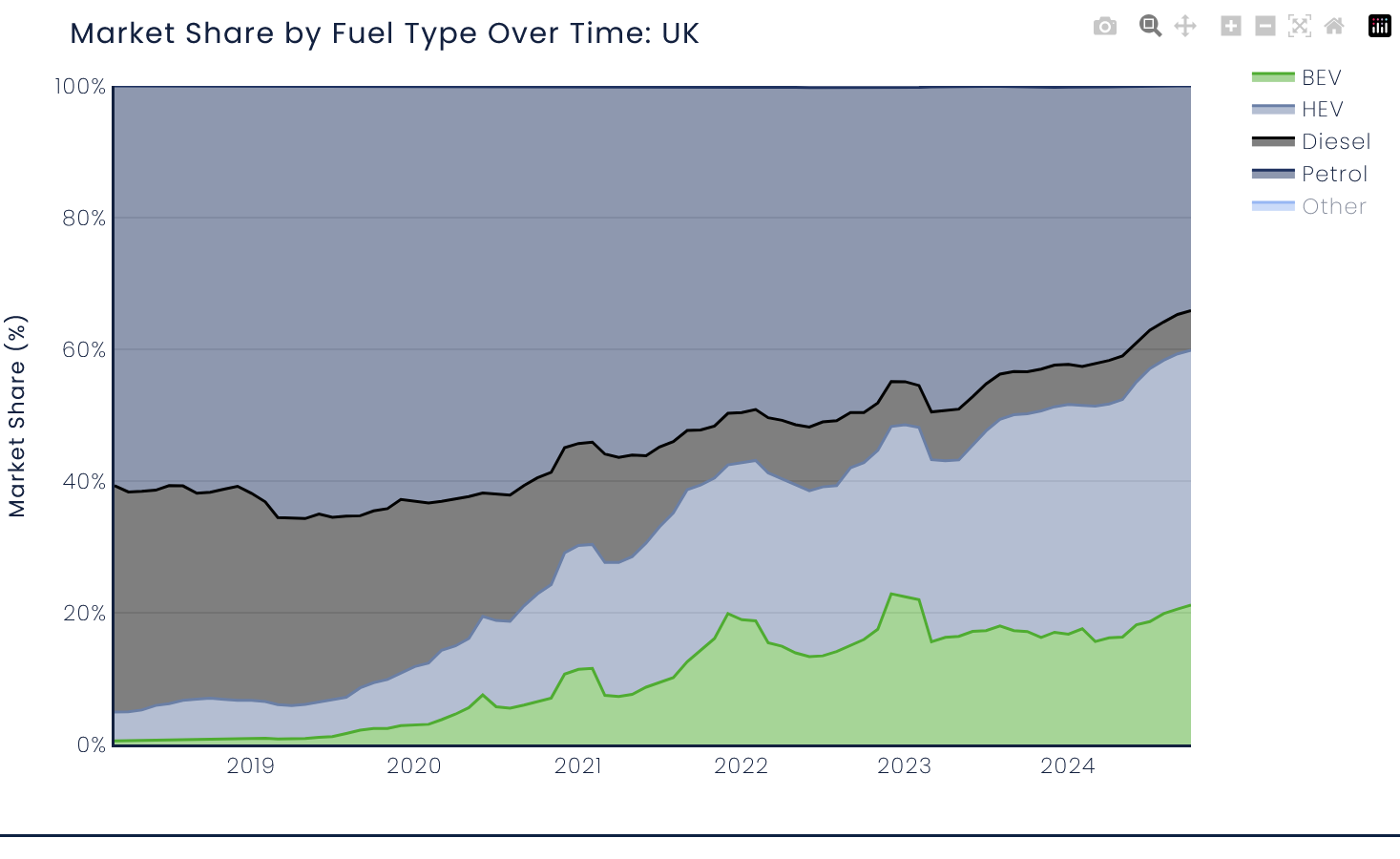As farmers descended on Westminster to protest the end of IHT exemption for farms, the implications for climate action and the country’s regenerative farming movement can be added to the concerns for UK agriculture.
Martin Lines, CEO of Nature Friendly Farming Network (NFFN), said: “Labour’s policy has created a Catch-22 for farmers: they are now caught between investing in long-term sustainability or holding back on improvements to avoid triggering future tax liabilities. In a sector that thrives on long-term planning, this kind of uncertainty could stall progress on the very climate and nature restoration goals that are vital for the future of farming and food security.”
Blending business property relief with agricultural property relief, Labour's policy could leave sustainable and regenerative farming in a state of statis, with little clarity on how private environmental investments will be treated when it comes to inheritance tax and making decision-making for farmers trying to balance sustainability with financial considerations extremely difficult.
For example, if a farmer takes money from a private company to invest in environmental improvements, such as a water company paying a farmer to rewild a river or slow floods, the land’s value could go up. This could trigger a higher inheritance tax when passed down, essentially penalising farmers for helping the environment.
Moreover, the aggressive implementation of the tax risks creating a culture of resistance within the agricultural community that will be more reluctant to engage in the climate transition if it feels constantly under financial pressure.
There are legitimate reasons to consider reform of INT for farmland, including its use as a legal tax avoidance scheme, but in its current form the tax reforms might end up, as with so many political decisions, creating the opposite effect to the one intended.
© 2019 Perspective Publishing Privacy & Cookies








Recent Stories